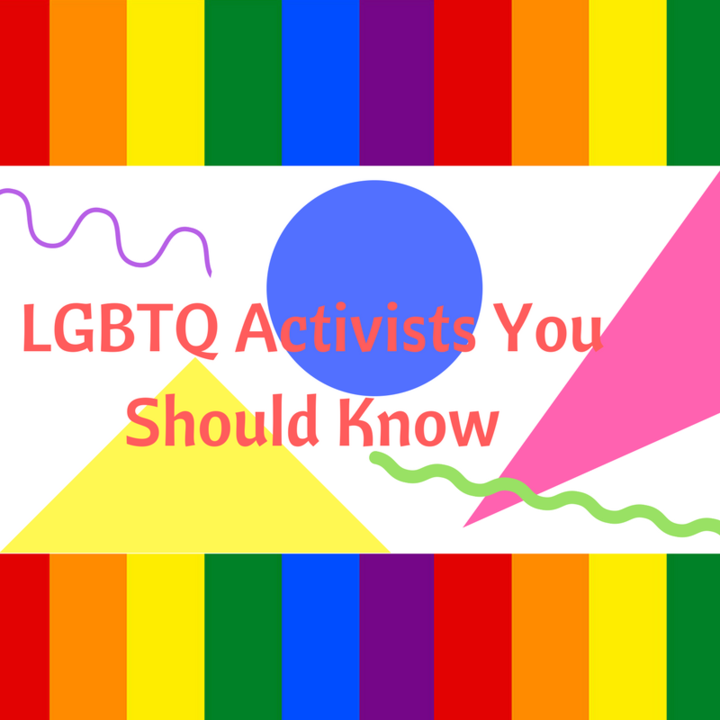In U.S. history classes, students are taught about the founding fathers, war generals, and prominent political players, creating the illusion that all history in the United States revolves around a small group of privileged people. The figures we are taught to revere are usually white men who have occupied positions of power, and by ignoring other important figures we are erasing many of the stories that have shaped the world we live in today. Of those overlooked in historical textbooks and teachings, many are activists who have played a critical role in changing the United States’ social and political landscape. As the purpose of LGBT History Month is to raise consciousness of LGBT history, the following profiles are a peek into some of the lesser-known key activists in the movement:
Lani Ka’ahumanu
Born on October 5, 1943, Lani Ka’ahumanu is a biracial, bisexual, feminist activist living in San Francisco, California. She has been actively involved in social justice movements in the U.S. since the 60’s, leading the way for bisexual advocacy and activism since the early days of the gay liberation movement (some even call her the founder of the bisexual movement). After first coming out in 1976 as lesbian, she came out again as bisexual in 1980 and immediately went to work organizing bisexuals to become a more prominent voice within lesbian and gay communities. She co-founded the first feminist bisexual political action group in 1983, and played an instrumental role in the creation of the first national bisexual rights organization in 1990 (BiPOL and BiNet USA, respectively). In 1992, Ka’ahumanu led a campaign for the inclusion of bisexuals in the annual March on Washington for Lesbian and Gay Rights; that year, the march became the March on Washington for Lesbian, Gay, and Bi Equal Rights and Liberation. Ka’ahumanu is also a writer and poet, serving on the editorial board of the Journal of Bisexuality and continuing to write and fight against injustice.
Sylvia Rivera
“Hell hath no fury like a drag queen scorned.”
Sylvia Rivera was born in the Bronx in 1951. After being kicked out of her grandmother’s house at 11 years old, she adopted the name Sylvia and was adopted by a group of young drag queens who took her in as their own. She was instrumental in catalyzing the Stonewall Riots of 1969, after which she became more involved with activism for the rights of drag queens, and trans and gender non-conforming people. Her identities as a poor, Latina, sex worker were often used by white, middle-class gay activist groups to exclude her (and all trans people) from their work.
When the Gay Activist Alliance helped pass New York City’s first gay rights bill, there were no protections included for transgender people. Rivera moved away from prominent gay activist organizations, forming STAR (Street Transvestite Action Revolutionaries) with Marsha P. Johnson, another incredibly important trans activist, to advocate and provide shelter for homeless queer youth who were often turned away from other gay-oriented services. Throughout her time as an activist and until her death in 2002, Rivera refused to let the mainstream gay rights movement forget about those who they considered “other,” continuing to fight for the rights of the most marginalized within the movement.
Pat Parker
Pat Parker was born in Houston in 1944, eventually making her way to the West Coast where she attended school in Los Angeles and settled into the Bay Area to pursue her life as a poet and activist. After ending her second marriage in the 1960’s, Parker came out as lesbian and became a prominent figure in the Bay Area civil rights, gay rights, and women’s rights movements. She became a part of (and helped develop) a literary community around lesbian poetry readings on the West Coast. Much of her work was about queer love and queer experiences, with sharp social commentary, often focusing on the intersections of her identities as a queer Black woman and how those identities led to conflict within herself. Parker also founded both the Black Women’s Revolutionary Council and the Women’s Press Collective and directed the Feminist Women’s Health Center in Oakland up until her death in 1989.

